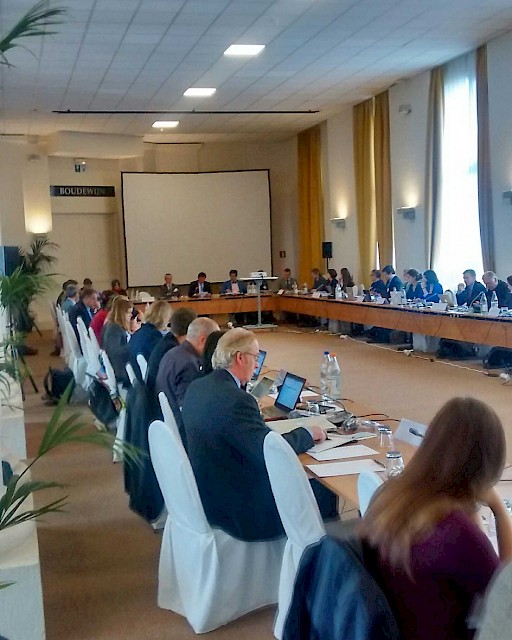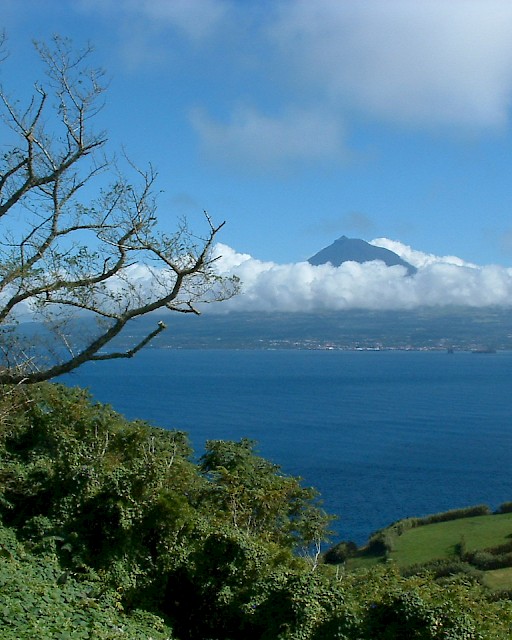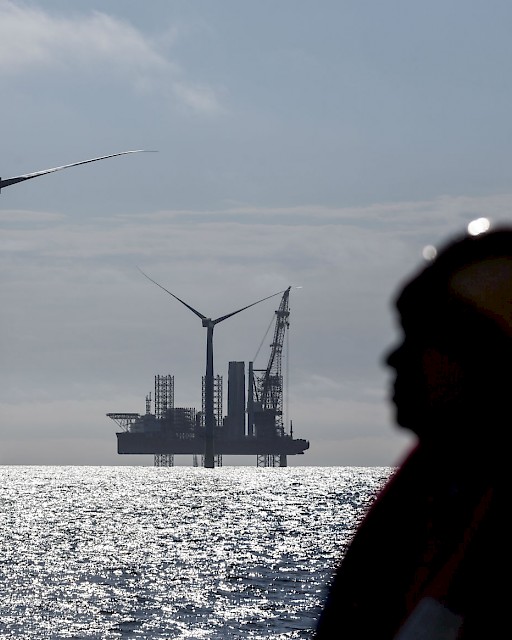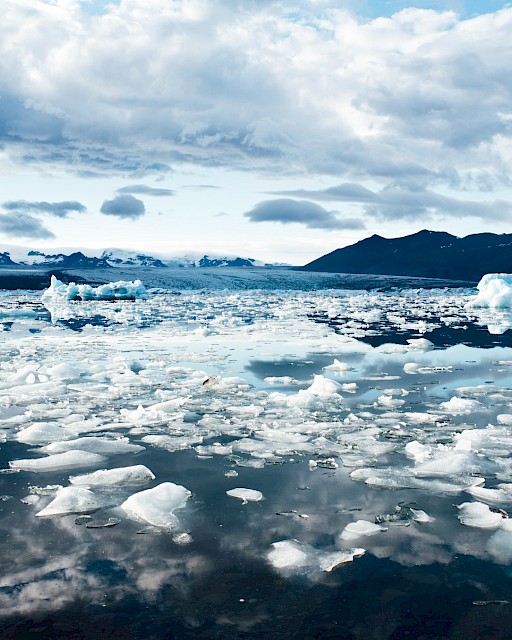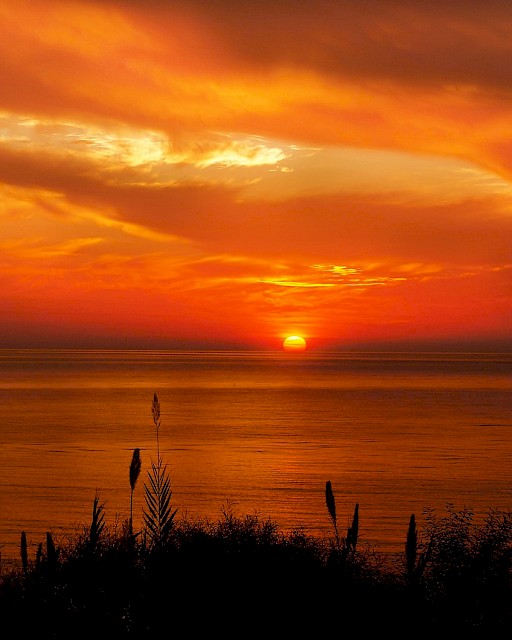Calls to tender
From time to time the OSPAR Commission seeks contractors to develop work streams where there is a need to support our team with additional human resources. This page details all current calls to tender offered by OSPAR.
OSPAR Intersessional Correspondence Group Offshore Renewable Energy Development - operational assistance 2025-2026
DEADLINE FOR SUBMISSION: 26 March 2025
START DATE: 1 May 2025
The OSPAR Commission is an international intergovernmental organisation established to protect the marine environment in the North-East Atlantic Ocean. It consists of representatives of the Contracting Parties: that is, Belgium, Denmark, Finland, France, Germany, Iceland, Ireland, Luxembourg, the Netherlands, Norway, Portugal, Spain, Sweden, Switzerland, the United Kingdom of Great Britain and Northern Ireland and the European Union. The Commission is administered by a Secretariat based in London.
Offshore renewable energy is the most significant, increasing human activity in the OSPAR maritime area. The scale of offshore energy installation is expected to increase greatly in the next decade and beyond, primarily offshore wind in the Greater North Sea and the Celtic Seas. Offshore renewable energy installations have impacts on many components of the marine environment, including habitats, birds and marine mammals.
Work on offshore renewables is a high priority for OSPAR. OSPAR produced guidance on environmental considerations for offshore wind farm development in 2008. OSPAR also maintains a database of individual marine renewable developments, including tidal and wave as well as offshore wind. The North-East Atlantic Environment Strategy adopted by OSPAR in 2021 (NEAES 2030) has as an operational objective (S12.O4) to “develop common principles and by 2024 develop guidance to promote and facilitate sustainable development and scaling up of offshore renewable energy in a way that cumulative environmental impacts are minimised”. Since 2021 there has been an Intersessional Correspondence Group (ICG) dedicated to offshore renewable energy development (ICG-ORED). This group of experts aims for instance to improve knowledge of the impacts from offshore renewables energy on the marine environment as there is a lack of data, long term effect monitoring and sufficient evidence regarding cumulative effects.
The focus of the work if ICG-ORED over the last years was on developing and applying a cumulative impact assessment to reveal the impacts from offshore renewable energy development on ecosystem components as the evidence bases for developing actions and guidance. ICG-ORED is now looking at an expansion in its Terms of Reference (ToR) and work programme in order to initiate work on issues such as hazardous substances, plastics and decommissioning. Some actions would be led by ICG ORED, others by other OSPAR bodies. All actions will need to be well coordinated both internally and with other related inter-governmental activities and research projects.
In order to deliver on the expanded ToR, OSPAR Contracting Parties will need to find suitable task leads from ICG-ORED members and across other relevant subsidiary bodies to lead on the actions listed in the group’s ToR. Those actions will need to be turned into task templates for inclusion in OSPAR’s Implementation Plan for the North-East Atlantic Environment Strategy 2030 (NEAES 2030). The implementation plan is a living document, setting out specific actions and tasks to achieve the NEAES objectives and is used by OSPAR to record and assess progress with implementation of the Strategy. ICG-ORED will need to maintain oversight of all actions/tasks listed in its ToR and, most likely, lead on the implementation of the majority of them.
The OSPAR Secretariat will continue to provide support to ICG-ORED to the extent that resources allow. However, the available resources from the Secretariat are very limited, given the number of Committees, working groups, ICGs and technical groups that exist within the OSPAR framework and require support. The Secretariat would not, for example, be able to provide support at the level of individual actions.
The Terms of Reference of the ICG-ORED can be found on the OSPAR website, as well as summary records from recent ICG-ORED meetings on the OSPAR website meetings page.
Further background on offshore renewable energy development can be found in the thematic and other assessments provided for OSPAR’s 2023 Quality Status Report here.
Further information about the OSPAR Commission can be obtained from the Commission’s website at www.ospar.org.
Name, addresses and contact point(s):
Official name: OSPAR Commission
Contact point: Maude Jolly, Deputy Secretary, OSPAR
Postal address: Aspect House, 12 Finsbury Square, London EC2A 1AS
Telephone: +44 (0)20 3848 9685
E-mail: [email protected]
Internet address(es): www.ospar.org

